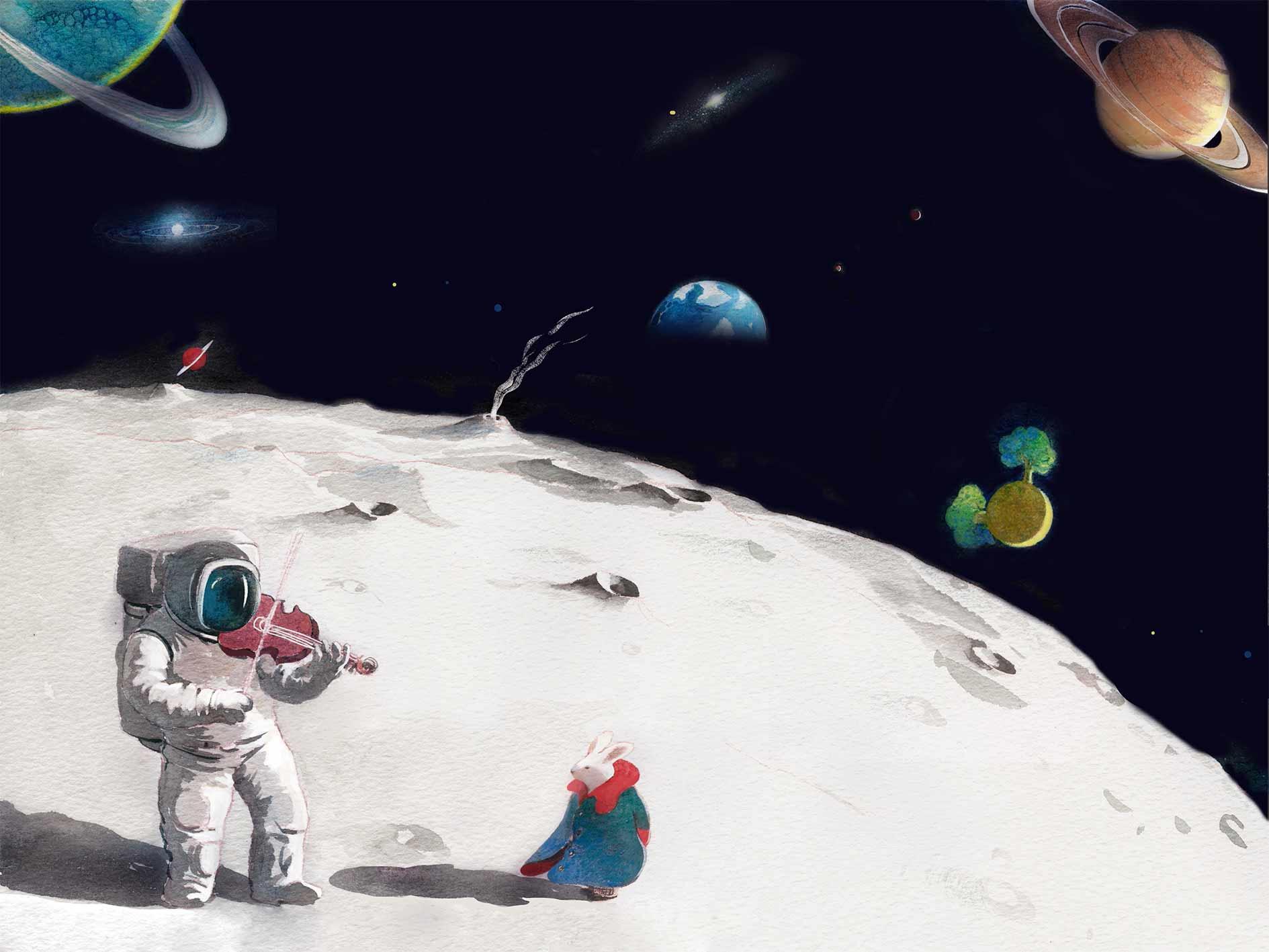a16z: Why We Invested in the DAO Organization "Friends With Benefits"
Author: Carra Wu, Chris Dixon, A16z
Compiled by: Richard Lee, Chain Catcher
The next frontier in the field of computing will form in this decade, namely building applications on programmable blockchains. Programmable blockchains are intriguing, much like the wave of innovation that emerged when the app store for smartphones opened up development to third parties. We are now witnessing waves of talented creatives developing new products and services on the blockchain that are disrupting industries and gradually being adopted by the mainstream.
DeFi was the first wave of killer blockchain applications that erupted about a year ago, followed this year by NFTs and crypto gaming experiences. What will happen next? It's hard to predict, but DAOs (Decentralized Autonomous Organizations) are likely to have a significant impact on the adoption of Web3 products.
DAOs are internet-native global collectives that share resources, build products, and work together towards common goals. They represent a new way to organize communities and aggregate incentives to spark innovation. To understand why they are powerful, let's take a look back at history:
Venice is known as the focal point of the Italian Renaissance, but in reality, almost none of the most groundbreaking inventions of the time originated there. Double-entry bookkeeping was imported from the Levant, Arabic numerals originally came from India, and the industrial advancements that facilitated business operations came from China.
However, what Venice did possess, and became famous for, was a highly developed merchant class that had property ownership and representation in government, allowing them to aggregate the best resources in the world. New ideas, concepts, and inventions could be combined, organized, and promoted in Venice, sometimes even reinvented. The result was explosive: by the 13th century, Venice became the wealthiest and most powerful city in Europe, maintaining that title for centuries despite changes in governance.
In addition to aggregating resources without borders, DAOs also support bottom-up innovation and community building, from which new ideas can be incubated and scaled. A prime analogy is the Homebrew Computer Club, a Silicon Valley forum for sharing ideas where Steve Jobs and Steve Wozniak first introduced the Apple I computer in 1976. Truly disruptive innovations often look like toys at first; when a group of smart people come together to collaborate on a hobby they are passionate about, innovation emerges.
What we see in Web3 today feels familiar in many ways. Today, artists are using NFTs to capture the full value of their work. Talented engineers, regardless of age, gender, or background, are contributing to the most important blockchain infrastructure. Just as Venice redefined how talent from all over early modern Europe could pool their knowledge and work together, Web3 is doing the same.
Like the Homebrew Computer Club of the 1970s, a group of smart, passionate "enthusiasts" gather in forums to patch together a new set of primitives to create groundbreaking products and experiences. Today, these communities are organized through DAOs, which serve as the coordinating primitives for Web3 groups.
Until recently, DAOs were primarily used to safeguard DeFi protocols, and their members were mainly high-tech contributors. FWB (Friends With Benefits) represents a new type of DAO. Initially, FWB was a Discord server group with a token-based access threshold, and it has now become a home for an increasing number of creative talents.
Joining FWB requires a written application, which the community itself reviews and votes on, and a minimum purchase of FWB tokens, representing meaningful ownership in the DAO. In addition to capturing the creative output of the DAO, the tokens also confer governance rights over the community's finances. By coordinating incentives for the next generation of artists, creators, and builders, FWB is bringing a different renaissance to the next evolution of the internet. They describe themselves as a "digital city," which is quite apt.

For a long time, we have believed that the creative class is one of the least profitable talent groups in Web2, driving the vast majority of cultural value while receiving very little in return. American consumers spend an average of one-third of their waking hours on streaming music, yet only 1% of music artists can make a living from streaming. Crypto offers creatives a more incentivized way to turn their passions into money, but we also recognize that the barriers to adopting crypto remain significant. FWB plays a role similar to that of "port cities" in Web3, introducing a culturally influential class to the crypto space by prioritizing human capital.
Since its inception as an unassuming social experiment in September 2020, FWB has now grown to nearly 2,000 members, driving immense cultural value for Web3. In addition to gatherings around the world, DAO members have launched a (now-standard) token-gated application, an NFT gallery, a Web3-focused publishing project, a virtual music studio, and a real-time community dashboard.
Their next entrepreneurial project is FWB Cities, aimed at expanding the DAO's real-life (IRL) footprint, collaborating with spaces, communities, and experiences in specific cities to bring real-world benefits to FWB members. Through these means, FWB Cities provides a glimpse into the first real-world metaverse (IRL metaverse) and makes it easier for more people to enter the crypto space.
Because of FWB, it is now possible to imagine a world where, when you walk into a bar or attend a friend's concert, you will interact with cryptocurrency for the first time. Our goal is to guide FWB through the complexities of the next maturation phase of DAOs. We plan to actively participate in governance by empowering key community members. We are excited to be part of the FWB community as they lead the mainstream adoption of Web3.










